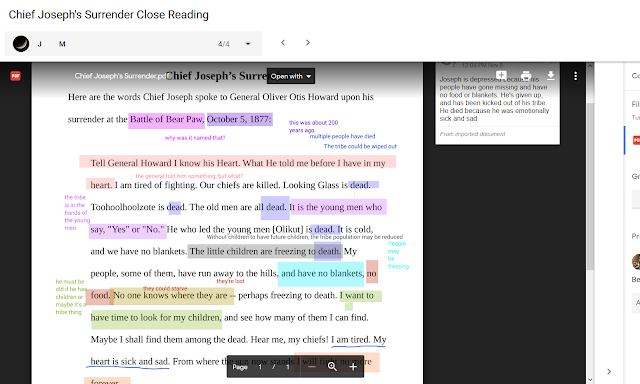Liberty is never obsolete
A group cannot have rights, and no one speaks for a collective. Only an individual can speak for himself. And if any one person's rights are violated, then no one's rights are safe.
The American Creed declares that "all men are created equal [and] are endowed by their Creator with certain unalienable Rights . . . ." The word "unalienable" (or "inalienable;" Thomas Jefferson and John Adams disagreed) means "that which cannot be transferred to another." That means that since God gives each and every human being on Earth the rights to Life, Liberty, and the pursuit of Happiness ("moral goodness;" "virtue"), then no one -- no individual, group, or government -- has the right to take them away.
One lesson to be learned from history is that when a government's power is left unchecked, it will crush the rights of its people and reduce it citizens to slavery. The great success of the modern totalitarian state is its ability to induce its citizens to be either oblivious to their degradation or worse, to actually desire it.
These themes of the Individual's worth and his right to Liberty were taken up on several occasions by Rod Serling in his brilliant serial The Twilight Zone. In one episode, "The Obsolete Man," the protagonist, a librarian, is declared "obsolete" (no longer useful) by a State which has no regard for each person's worth, books, or God. He is therefore executed, but not before demonstrating the dignity of Man and the value of the Book and its Author.
Here's the closing narration from Mr. Serling:
The American Creed declares that "all men are created equal [and] are endowed by their Creator with certain unalienable Rights . . . ." The word "unalienable" (or "inalienable;" Thomas Jefferson and John Adams disagreed) means "that which cannot be transferred to another." That means that since God gives each and every human being on Earth the rights to Life, Liberty, and the pursuit of Happiness ("moral goodness;" "virtue"), then no one -- no individual, group, or government -- has the right to take them away.
One lesson to be learned from history is that when a government's power is left unchecked, it will crush the rights of its people and reduce it citizens to slavery. The great success of the modern totalitarian state is its ability to induce its citizens to be either oblivious to their degradation or worse, to actually desire it.
These themes of the Individual's worth and his right to Liberty were taken up on several occasions by Rod Serling in his brilliant serial The Twilight Zone. In one episode, "The Obsolete Man," the protagonist, a librarian, is declared "obsolete" (no longer useful) by a State which has no regard for each person's worth, books, or God. He is therefore executed, but not before demonstrating the dignity of Man and the value of the Book and its Author.
Here's the closing narration from Mr. Serling:
The chancellor, the late chancellor, was only partly correct. He was obsolete, but so is the State, the entity he worshiped. Any state, any entity, any ideology that fails to recognize the worth, the dignity, the rights of man, that state is obsolete. A case to be filed under "M" for mankind—in the Twilight Zone.
-Rod Serling, The Twilight Zone, "The Obsolete Man"


Comments